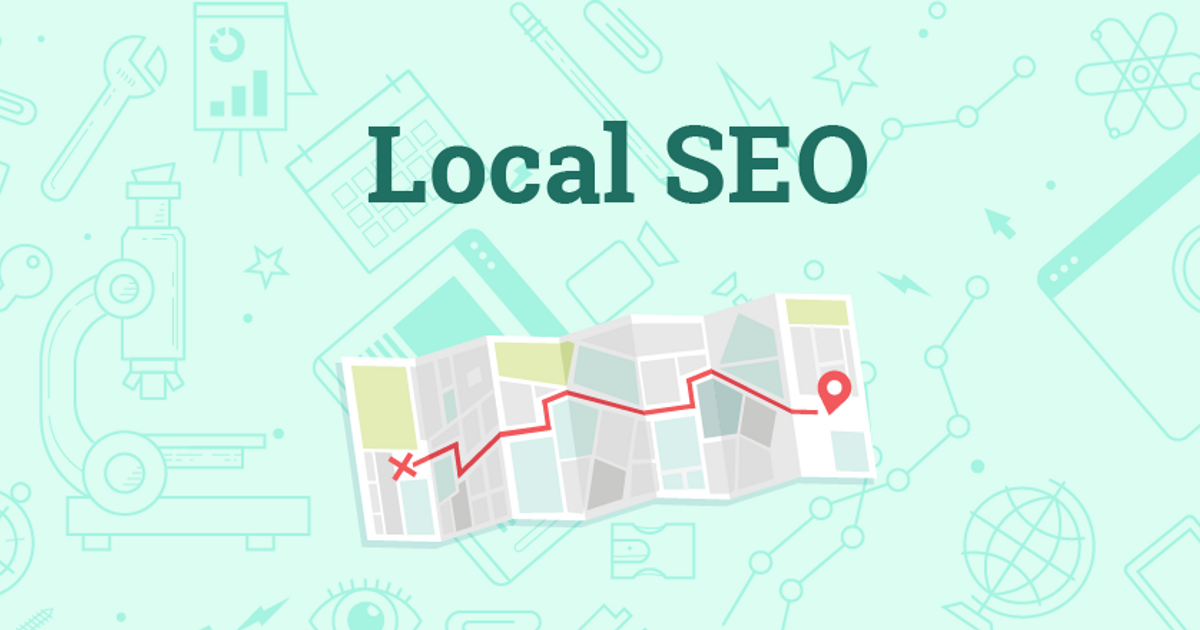
What is Local SEO, and How does it work?
Customers are searching for the best products and services near them – and they want answers… fast.Will your business show up at the exact time when local customers are looking? Will they pick you out of all the local businesses that offer the same products and services? This is where it plays it role.
What is LOCAL SEO?
Local SEO is the practice of optimizing a website in order to increase traffic, leads and brand awareness from local search. Common tasks associated with local SEO include finding local keywords, optimizing a business’s Google My Business profile, and building “NAP” citations.
This includes everything from claiming a business listing to ensuring a franchise location appears in a local search on Google (a process known as location data or citation management). It also extends to managing online ratings and reviews, local-centric social media engagement, and beyond.
Digital Marketing Services, Digital Marketing Solutions
Why is Local SEO Important?
Local SEO is all about increasing search visibility for businesses that serve their communities face-to-face. These can be brick-and-mortar businesses with physical locations, like a grocery store or dentist’s office, or service-area businesses that operate throughout a certain geographic area, like an electrician or house cleaning company.When done right, local SEO allows people to find information about your business quickly and easily, putting them one step closer to a transaction.
How Does Local SEO Work?
What about local organic search results? After analyzing the behavior of users during trillions of searches, Google figured out that people seeking certain types of businesses need results from their immediate area. That’s why Google’s local search algorithm includes a proximity factor, which is a fancy way of saying that Google takes your location into account when you search for a local keyword (a query with local intent). This happens even when the searcher doesn’t include a city name or “near me” in their search.
If you’re at work and want to get a pizza delivered for lunch, for example, Googling “pizza delivery” shows a list of locations near your office in its local SERPS (search engine result pages).But if you try that same search at home, you’ll get an entirely different set of results. This makes sense, considering you need a pizza delivered from somewhere nearby.
At a high-level Local SEO works like “normal” Google search.When someone does a search, Google scans through its index to provide the best results for that person’s query.What makes Local SEO unique is that Google uses a different set of ranking factors to rank the local search results.In fact, local SEO has a set of unique ranking signals, including:
- The location that the person is searching from
- NAP citations
- Presence of Google My Business listing
- Keywords used in Google My Business profile
- Sentiment of online reviews
- Keywords used in online reviews
- Number of “check-ins” at that location
- Shares on social media
- Google Maps star rating for that business
Search Engine Marketing Agency
What matters for local SEO?
What does this mean to search marketers? While the local map pack is displayed within the standard Google organic search listings, separate algorithms power the main Google search results for local rankings and the local map pack results.
As a local business, you have the opportunity the appear within both the main organic search results and the local map pack at the same time.If you’re new to marketing your business online, one of the main challenges is knowing what you should focus on to make your efforts as effective as possible.
Marketing analytics software company Moz posts its annual Local Search Ranking Factors survey, which includes the top 35 to 40 worldwide experts in local SEO. Its results provide the best insights into which factors influence local search visibility.
Localized content and local link popularity are factors, just as it is in Google’s traditional search algorithm, so it’s important to build local landing pages for each of your locations- especially if you’re a multiple location business-, where you should include not only your business name but also its details like address and phone as well as optimize their titles tags, meta descriptions, and follow SEO best practice. This should be taken into consideration as well in your content marketing and link building strategy.
Additionally, location-based factors like having a business listing in Google My Business, local citations from data aggregators, and review signals – that should be published by your local customers – are also taken into consideration in your local oriented seo rankings and as consequence you should also take them into consideration in your local SEO efforts.
It’s also important to note that there are SEO tools focused on search that can help you to develop local oriented SEO audits, from developing keyword research focused on your local audience, building citations, managing Google My Business listings, business profile and Google posts, and even monitor your inclusion in local packs.
Website content is a significant factor, just as it is in Google’s traditional search algorithm, but location-based factors like Google My Business, citations, and review signals are also included.
Need help for working around with SEO: Contact US


Leave a comment: